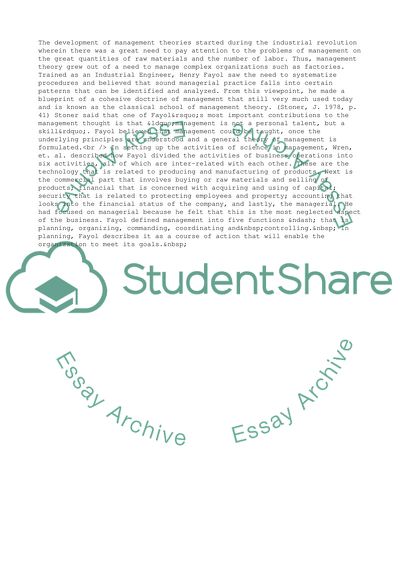Cite this document
(The Development of Management Theories of Mintzberg and Fayol Term Paper, n.d.)
The Development of Management Theories of Mintzberg and Fayol Term Paper. Retrieved from https://studentshare.org/management/1745078-folklore-and-facts
The Development of Management Theories of Mintzberg and Fayol Term Paper. Retrieved from https://studentshare.org/management/1745078-folklore-and-facts
(The Development of Management Theories of Mintzberg and Fayol Term Paper)
The Development of Management Theories of Mintzberg and Fayol Term Paper. https://studentshare.org/management/1745078-folklore-and-facts.
The Development of Management Theories of Mintzberg and Fayol Term Paper. https://studentshare.org/management/1745078-folklore-and-facts.
“The Development of Management Theories of Mintzberg and Fayol Term Paper”. https://studentshare.org/management/1745078-folklore-and-facts.


